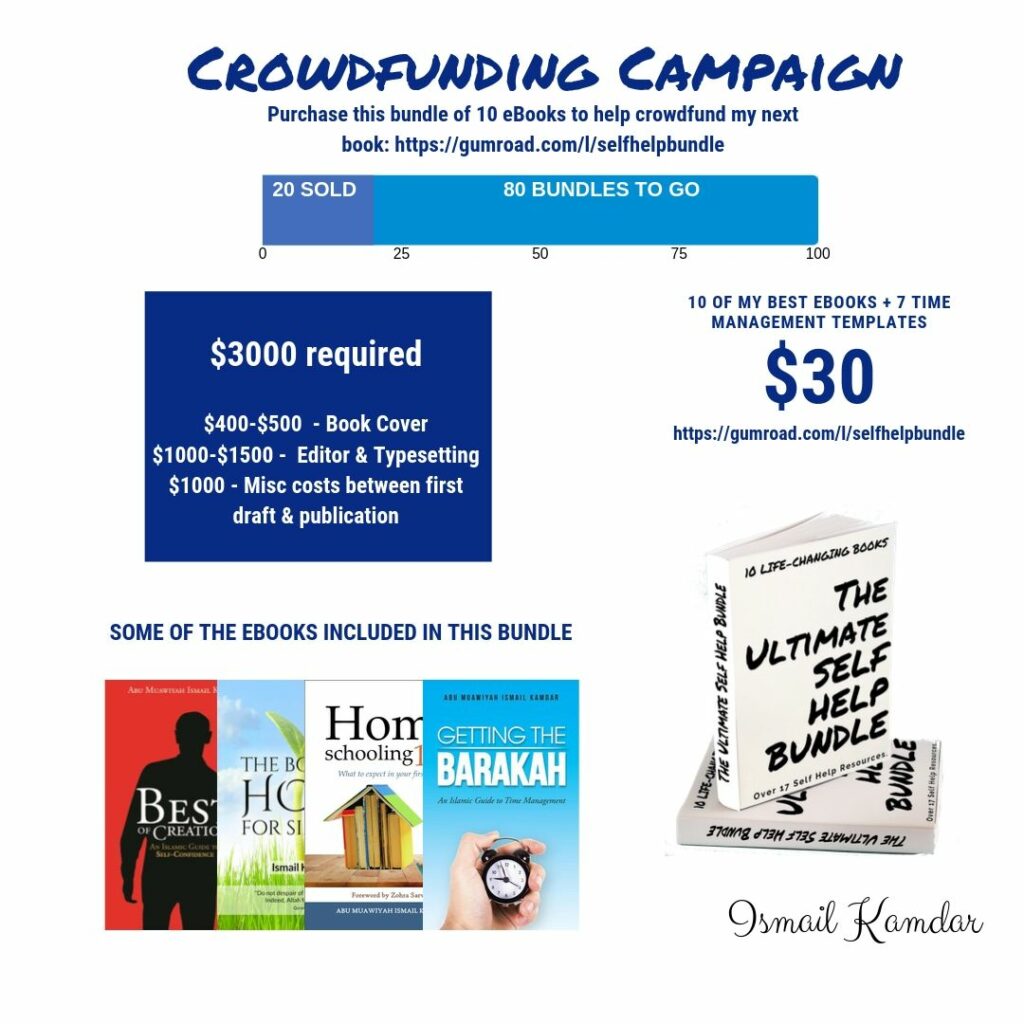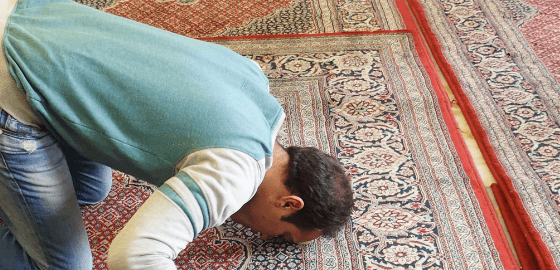Mentor: An experienced and trusted adviser.
In the world of business, mentors are crucial for success. Every good business book recommends getting a mentor to help you succeed in your field. This is true in Islam as well. Mentorship has always been an important part of Islamic relationships.
But how does the Islamic concept of mentorship differ from modern understanding?
In this article, we will explore the answer to this question through a practical example; the relationship between Ṣalāḥ ad-Dīn al-Ayūbī and his mentor Nūr ad-Dīn al-Zengī.
Brief Biographies of Ṣalāḥ ad-Dīn and Nūr ad-Dīn
Nūr ad-Dīn al-Zengī was a commander of the Seljuk army in Syria during the 12th Century. His father ʿImād al-Dīn was also the commander of the Seljuk army, and he took over the army after his father’s death. Nūr ad-Dīn conquered Damascus, liberating it from the rule of the crusaders’ allies, and unified the greater Syrian region making it part of the Seljuk Empire. However, he wasn’t able to liberate Jerusalem, which remained under crusader control. (Alkhateeb, pp. 100-101)
Nūr ad-Dīn was the teacher, commander, and mentor of Ṣalāḥ ad-Dīn al-Ayūbī. In was under his care that Ṣalāḥ ad-Dīn grew into the successful leader that he is renowned across the globe for being. Ṣalāḥ ad-Dīn spent his youth training under Nūr ad-Dīn and developed a very close relationship with him. (Sallabi, vol. 2 pp. 30-31)
Ṣalāḥ ad-Dīn al-Ayūbī is one of the most famous Muslim leaders in history. He was a commander of the Abbasid army during the 12th Century. He is most famous for fighting against the crusader invasion and repelling them from the region. Ṣalāḥ ad-Dīn’s legacy can be summarized in three major accomplishments; liberating Egypt from the Fāṭimids, liberating Jerusalem from the Crusaders, and establishing the Ayūbī Dynasty in Egypt. (Alkhateeb, p. 102)
The details about Ṣalāḥ ad-Dīn’s life, and his relationship with Nūr ad-Dīn, in this article, have been extracted primarily from Dr. Ali Salabi’s three-volume book Salah ad-Deen al-Ayubi. Firas Alkhateeb’s Lost Islamic History was also consulted for additional details.
Islamic Mentorship: A Spiritual Framework
This brief summary of Ṣalāḥ ad-Dīn’s life and accomplishments doesn’t reveal any differences between the Islamic and modern systems of mentorship. Through effective mentorship, Ṣalāḥ ad-Dīn grew into a confident leader who achieved worldly success and accomplished his goals. He was even able to accomplish some of the goals that his mentor was unable to accomplish, like the liberation of Egypt and Palestine.
However, there is a big difference between the two systems of mentorship that can only be uncovered by digging deeper. That is what we will focus on now.
While it is true that both modern mentorship and Islamic mentorship are effective in achieving worldly goals, it is important to note that this is not the primary focus of Islamic Mentorship. It is simply a byproduct of it. The focus of Islamic mentorship is on achieving righteousness, eternal salvation, and the life of Barakah.
The achievement of worldly goals, in this context, is considered a matter of destiny. The focus is on pleasing God, achieving closeness to Him, and attaining Barakah in this life. If all of this is accomplished, then worldly success is simply the cherry on top and a matter that is left up to destiny.
How Nūr ad-Dīn prepared Ṣalāḥ ad-Dīn for true success
Ṣalāḥ ad-Dīn started serving Nūr ad-Dīn at a very young age. Nūr ad-Dīn recognized his potential and developed a close relationship with him so that he could help him develop his skills. Ṣalāḥ ad-Dīn was so close to Nūr ad-Dīn that he was like a private secretary to him. (Sallabi, vol. 2 p. 30) It was in this position that he was able to learn from Nūr ad-Dīn’s personality.
Dr. Ali Sallabi describes the relationship between Nūr ad-Dīn and Ṣalāḥ ad-Dīn as follows:
Ṣalāḥ ad-Dīn was influenced by the Sultan Nūr ad-Dīn who gave him a brilliant example of devotion and a serious sense of religious responsibility; he learned from his sincerity and self-sacrifice, and how to converse with his lord in private prayer in his own place of worship, taking from that the spiritual strength to engage in Jihad. (Sallabi, vol. 2 p. 31)
This quotation summarizes some of the key differences be the Islamic and modern systems of mentorship. Nūr ad-Dīn’s methodology focused primarily on spiritual development. Prayer, sincerity, responsibility to God and devotion were all essential qualities that Nūr ad-Dīn helped Ṣalāḥ ad-Dīn develop. This fits in the Islamic Paradigm for success, which teaches us to be God-Centric, Purpose-Driven, Hereafter focused, Sincere, and have a sense of responsibility.
Nūr ad-Dīn taught Ṣalāḥ ad-Dīn how to take spiritual strength from prayer. This is an essential quality that every Muslim mentor needs to pass on to his/her mentees. A Muslim’s life must revolve around prayer, and this prayer should provide the necessary spiritual strength to fuel our productivity.
Nūr ad-Dīn also focused on a serious sense of religious responsibility. This is another important concept. Islamic culture emphasizes the importance of having a sense of responsibility. This sense of responsibility is religious in that God had made us His representatives on earth, and we are responsible to Allah for what we do with our lives. Ṣalāḥ ad-Dīn how was taught this sense of responsibility from a very young age, and it guided his focus for his entire life. This is the result of effective Islamic mentorship.
A third crucial quality that Nūr ad-Dīn taught Ṣalāḥ ad-Dīn was sincerity. In Islam, sincerity is crucial for success. Without sincerity, there is no reward, no Barakah, and no real success. Everything revolves around sincerity. This is why it is crucial for a Muslim mentor to guide his mentees towards sincerity. Without it, there is no success.
These are three of the most important things that Nūr ad-Dīn taught Ṣalāḥ ad-Dīn. from this relationship, we learn the proper Islamic method of mentorship, the focus points of such a relationship, and we can see the fruits in the results.
The effects of successful mentorship on Ṣalāḥ ad-Dīn
This beautiful mentorship led to the Barakah effect in the life of Ṣalāḥ ad-Dīn. Let us take a look at some of the blessed accomplishments on Ṣalāḥ ad-Dīn’s life.
Ṣalāḥ ad-Dīn converted Al-Azhar into a Sunni university. It continues to operate today and is currently the oldest active university in the world. Many of the greatest scholars of every generation since have studied or taught at al-Azhar University. This is the Barakah of sincerely setting up a traditional Islamic University in Egypt.
Ṣalāḥ ad-Dīn’s legacy is fondly remembered by Muslim and Non-Muslim alike. He remains a popular hero renowned for his justice, forgiveness, and tolerance to other faiths. He is even promoted as a hero in several movies, TV series and even videogames. How many leaders can say that Muslim and Non-Muslim alike will still take them as a role model a thousand years later?
The third aspect of Barakah in his legacy is the Ayūbī and subsequent Mamluk dynasties. Ṣalāḥ ad-Dīn’s conquest of Egypt created two amazing dynasties that ruled Egypt for centuries. First were the direct descendants of Ṣalāḥ ad-Dīn, the Ayūbīs. Then came the Mamluks, a dynasty of freed slaves who started life as loyal servants of the Ayūbīs. This legacy includes the Mamluks defeating the Mongols at the Battle of ʿAyn Jālūt, similar to how Ṣalāḥ ad-Dīn defeated the crusaders in Jerusalem.
All of these are clear examples of the Barakah found in the legacy of Ṣalāḥ ad-Dīn which carried on into his successors, and their successors. As long as sincerity remained, the Barakah remained, and it lasted for centuries.
Summary: Muslim mentors should primarily focus on spiritual success
As Muslims, we believe that success is in Allah’s Hands. It is a matter of destiny and so we should trust Allah’s plan for us. It is far more important for us to focus on spiritual development by improving our relationship with Allah, sincerity and focus on the afterlife. One of the ways to achieve this is through a strong mentor.
A good Muslim mentor will assist his mentee in changing their perspective from the material towards the spiritual. A good mentor, like Nūr ad-Dīn, would teach their mentee the importance of Salah, Dua, Tawakul, and sincerity.
A relationship like this is blessed and leads to Barakah in one’s efforts and projects. When seeking a mentor, we should seek out righteous mentors who can help us elevate ourselves spiritually, and move our goals in a direction that is pleasing to Allah.
Check out our latest eBook bundle. This bundle of 10 eBooks includes our bestsellers on self-confidence, time management, and goal-setting, and is currently available for only $30 here.








